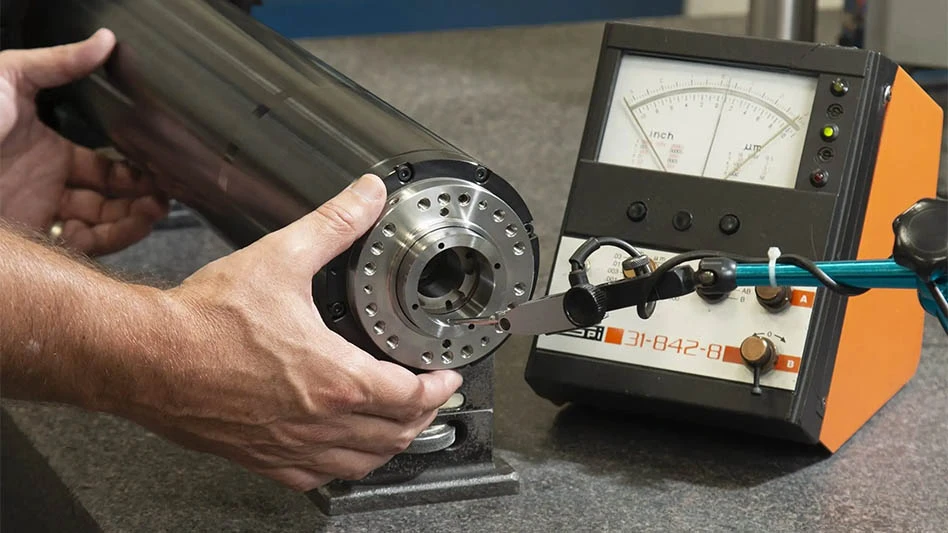
Raytheon Co. and United Technologies Corp. are combining in an all-stock “merger of equals” to focus on rapidly growing segments within aerospace and defense. United Technologies, comprised of Collins Aerospace and Pratt & Whitney, will offer a complementary portfolio of commercial aerospace and defense technologies to defense-focused Raytheon. The combined company will be known as Raytheon Technologies Corp.
Raytheon plans to consolidate its four businesses into two: Intelligence, Space & Airborne Systems and Integrated Defense & Missile Systems. The new businesses will join Collins Aerospace and Pratt & Whitney to form the four businesses of Raytheon Technologies.
Raytheon is headquartered in Waltham, Massachusetts; United Technologies Corp. is based in Farmington, Connecticut. Raytheon Technologies will be headquartered in the greater Boston metro area and will retain a corporate presence in existing locations.
Aero-engine manufacturer Pratt & Whitney has $21 billion in 2019 sales, avionics and aircraft cabin interior manufacturer Collins Aerospace has about $22 billion for 2019.
Raytheon’s Intelligence, Information & Services Space and Airborne Systems have 2019 sales of $18 billion, its Integrated Defense Systems and Missile Systems unit has about $16 billion.
The combined defense company will have approximately $74 billion in pro forma 2019 sales. The merger is intended to qualify as a tax-free reorganization for U.S. federal income tax purposes.
Under the terms of the agreement, unanimously approved by the boards of directors of both companies, United Technologies shareowners will own approximately 57% and Raytheon shareowners will own approximately 43% of the combined company. The merger is expected to close in the first half of 2020, following completion by United Technologies of the previously announced separation of its Otis and Carrier businesses.
"Raytheon Technologies will continue a legacy of innovation with an expanded aerospace and defense portfolio supported by the world's most dedicated workforce," said Tom Kennedy, Raytheon chairman and CEO.
"The combination of United Technologies and Raytheon will define the future of aerospace and defense," said Greg Hayes, United Technologies chairman and CEO. "Our two companies have iconic brands that share a long history of innovation, customer focus, and proven execution."
Kennedy will be appointed executive chairman and Hayes will be named CEO of Raytheon Technologies. Two years following the transaction’s close, Hayes will assume the role of chairman and CEO.
With a combined annual company and customer funded R&D spend of approximately $8 billion, seven technology Centers of Excellence, and more than 60,000 engineers, Raytheon Technologies will pursue joint advancements in: hypersonics and future missile systems; directed energy weapons; intelligence, surveillance, and reconnaissance (ISR) in contested environments; cyber protection for connected aircraft; next-generation connected airspace; and advanced analytics and artificial intelligence for commercial aviation.
As a result of the combination, the company also expects to capture more than $1 billion in cost synergies by the fourth year after the close, with approximately $500 million in annual savings returned to customers.
Latest from Aerospace Manufacturing and Design
- Qatar Airways orders up to 210 Boeing widebody jets
- Digital test indicator offers larger measuring ranges
- AviLease orders up to 30 Boeing 737 MAX jets
- 256-piece general maintenance tool kit
- JetZero all-wing airplane demonstrator achieves milestones
- Cermet indexable inserts for medium turning operations
- Trelleborg acquires Aero-Plastics
- Industrial automation products, enclosed encoders





